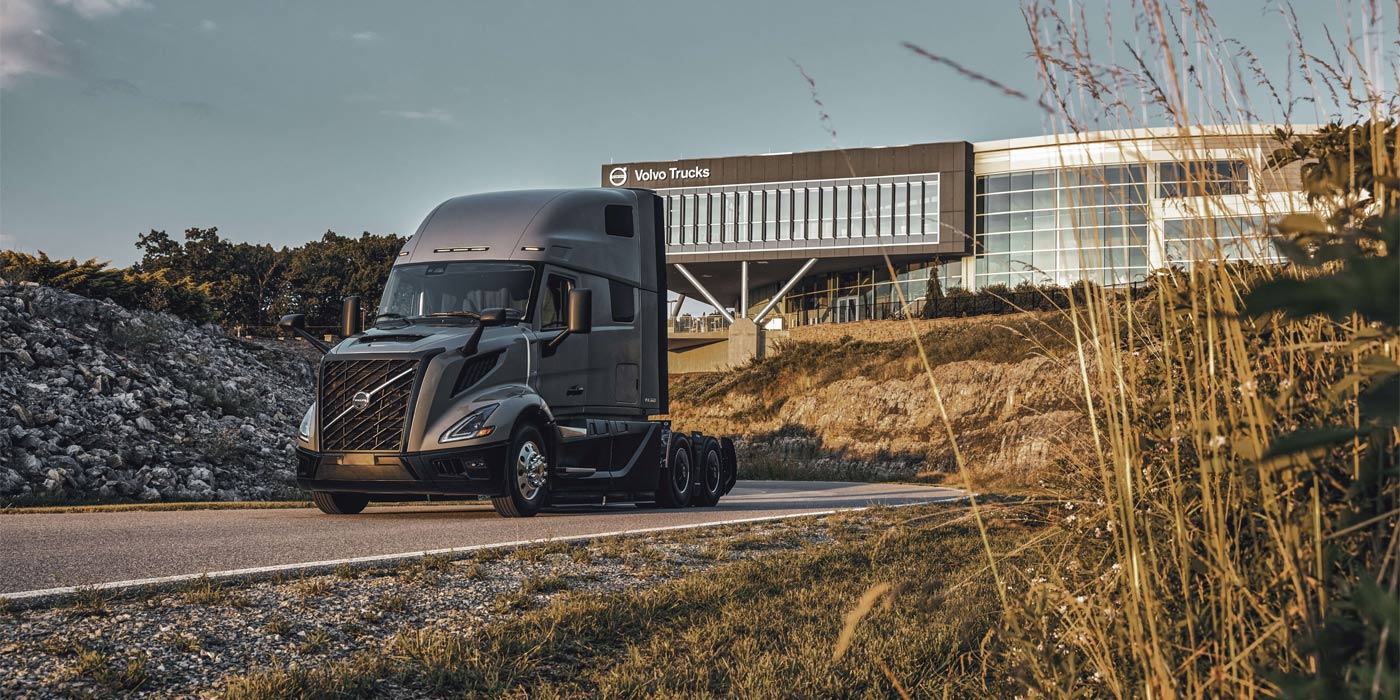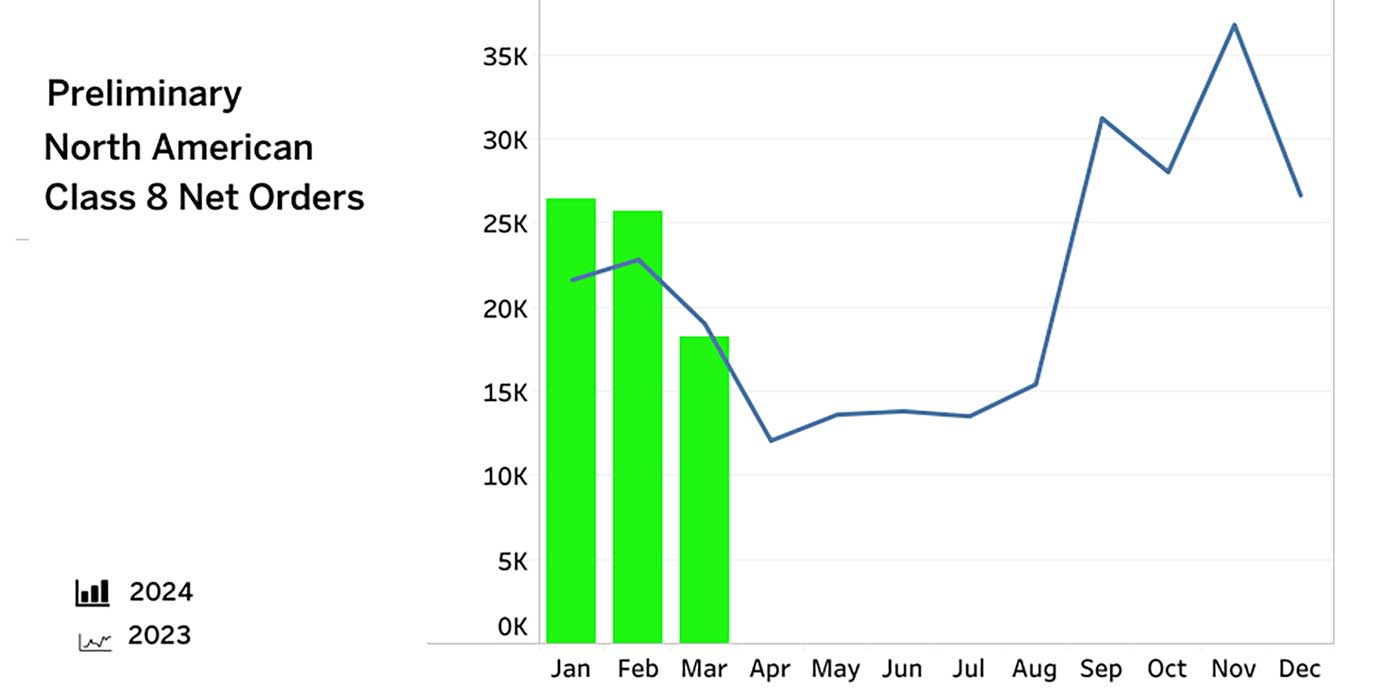I recently attended the National Biodiesel Conference & Expo in Tampa and came away with a lot of information and ideas about where the transportation industry is heading.
One major point the speakers reiterated was that, despite all the talk of electrification, the diesel engine will remain on top for years to come.
John Eichberger, executive director of the Fuels Institute, illustrated this point with some federal data:
- 77% of all distillate energy is used by the over-the-road freight market;
- A 14% increase in registered diesel vehicles is expected by 2035;
- Diesel vehicle miles traveled are projected to increase 23% by 2035, while diesel vehicles are expected to become 30% more fuel efficient.
These projections are driven by a strong trucking industry that will continue to play a leading role in getting goods from point A to point B.
“The reality is, everything we buy at the store was delivered by a truck, and the majority of them were diesel trucks,” Eichberger said. “Diesel’s not dead, period.”
That’s a big reason why my company, the Renewable Energy Group (REG), supports an integrated energy management approach to fleet management. Diversifying your fuel supply is a great strategy for managing costs and supply while also meeting companies’ and states’ ever-expanding sustainability goals and policies.
Several transportation companies and equipment manufacturers, including Isuzu Commercial Truck of America and John Deere, were on hand at the conference to voice their support for biodiesel as well.
George Survant, senior director of fleet relations for NTEA, shared recent survey results finding biodiesel to be the most widely used alternative fuel among work truck fleets and the one they’re interested in the most.
“It’s become the standard against which many other alternative fuels are measured,” Survant said.
Biodiesel remains a solid renewable fuel option because it is a drop-in fuel that helps diesel engines run cleaner right away, and its quality is not a compromise. In fact, biodiesel is recognized by ASTM International, which has created specifications for the fuel with ASTM D6751.
The biodiesel spec requires a minimum cetane number of 47, whereas the petroleum diesel spec is 40. Higher cetane equals a shorter ignition time and better engine performance.
Biodiesel also adds lubricity that is lacking in ULSD, which helps fuel injection systems and engines run smoother, more quietly and cooler.
Finally, biodiesel has lower emissions than petroleum diesel, including particulate matter. That means fewer diesel particulate filter issues, including required regenerations (regens) and less maintenance on the regen system.
Another NBB presentation included an analysis of two years of biodiesel samples from U.S. and Canadian producers. It found that metals, oxidation stability, acid number and sulfur were well within the ASTM D6751 biodiesel specification.
Contaminates such as dirt, rust and metals are increasingly important to fleets because many OEMs are switching to common rail fuel injection systems to meet emissions requirements. These systems have very tight tolerances and high pressures, and fuel contaminants can cause significant damage to injectors and engines. This is why getting fuel from a reputable supplier and good storage and handling practices are critical for your engine’s performance and longevity.
If your fleet is interested in learning more about biodiesel blends or implementing them for immediate results, I would love to hear from you.
This article was contributed by Steve Klein, senior manager of marketing at Renewable Energy Group (REG), a biodiesel and renewable diesel producer. He can be reached at [email protected].














